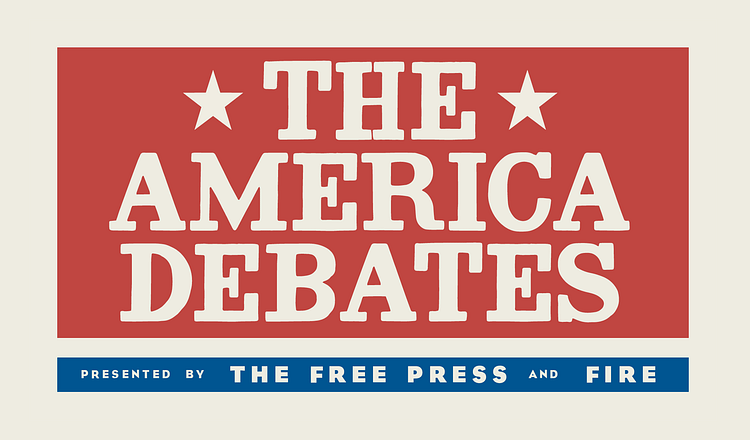
Following our live debates in Los Angeles (the sexual revolution!) and Dallas (immigration!), The Free Press is heading to San Francisco on June 6 to debate the promise and perils of criminal justice reform.
We love meeting you IRL and can’t wait to see you in San Francisco. Paid subscribers can get presale tickets here and use the special code listed below for a discount.
So: Why crime? And why San Francisco?
For the past decade, the city has been at the forefront of the effort to radically transform the criminal justice system. If you ask advocates of the policy—people like Chesa Boudin, George Gascón, and George Soros—the idea was as straightforward as it was overdue: overhaul a punitive, racist system that was doling out cruel and unusual punishments for minor offenses.
San Francisco has slashed the budget for police, retroactively reduced sentences for nonviolent offenders, and prohibited officers from pursuing individuals committing nonviolent crimes. The city has new mandatory training for police aimed to tackle racial bias and to limit the overall interaction between police and civilians.
But did it work?
Since 2020, the city has suffered rising crime, from rampant burglaries to open-air drug use to public defecation. Half of the city’s retailers have departed the once bustling downtown, and drug stores all over the city are packing it in. In 2022, drug overdose deaths in San Francisco hit a record high. And police response times have become slower, even though cops are now fielding fewer calls.
If you’ve visited San Francisco in the past year, you’ve likely seen the problem with your own eyes. If you haven’t, you can find countless videos online, like this one. Or this one. Or this one.
The crime surge is not limited to the City by the Bay. In the years since the pandemic, places like New York and Los Angeles also saw increased homicides, aggravated assaults, shoplifting, and so on.
All of this is why crime is one of voters’ top concerns in the 2024 election cycle. Sixty-eight percent of Republicans and 47 percent of Democrats say reducing crime should be a top policy priority.
Have American cities become too soft on crime? Are progressive prosecutors to blame? Or are deeper causes like poverty and income inequality the real culprits? Is criminal justice reform a necessary step toward justice? Has it made American towns and cities safer? Or is the whole project, despite its high ideals, a mistake?
We’re proud to partner with the country’s leading defender of free speech rights, the Foundation for Individual Rights and Expression (FIRE), to convene four people who know this issue inside and out.
Arguing against criminal justice reform is Michael Shellenberger, the editor of Public and author of San Fransicko: Why Progressives Ruin Cities. Joining him is Seneca Scott, an activist and the founder of Neighbors Together Oakland, a nonprofit aimed at making Oakland safer for its residents. You might remember Seneca from his profile in The Free Press.
They’ll face off against Lara Bazelon, the director of the Criminal & Juvenile Justice Clinic and the Racial Justice Clinic at the University of San Francisco School of Law, and former federal public defender in L.A. She’ll be arguing alongside Kmele Foster, commentator, co-host of The Fifth Column podcast, and founding partner at the digital media company Freethink.
We are grateful to our paid subscribers for making this debate, and everything we do at The Free Press, possible. We encourage you to take advantage of the 24-hour presale period by using the access code below.


